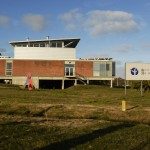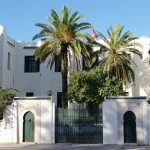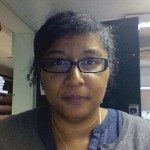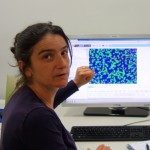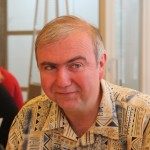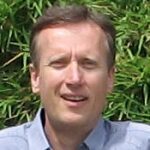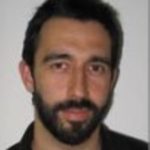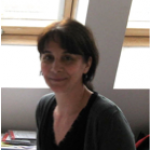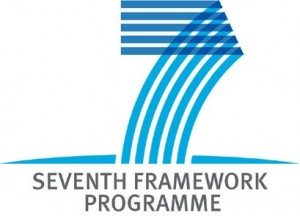Présentation
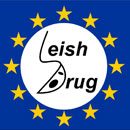
Visceral leishmaniasis is caused by the protozoan parasites Leishmania donovani and Leishmania infantum and is a potentially fatal disease in endemic areas around the world. During the infectious cycle, Leishmania alternate between the insect promastigote stage and the vertebrate aflagellate amastigote stage that proliferates inside infected host macrophages provoking the pathology of the disease.
The LeishDrug consortium uses a highly interdisciplinary approach to reveal Leishmania kinases associated with amastigote virulence, with the major objective to exploit parasite-specific pathways for anti-leishmanial drug development and overcome current limitations in anti-leishmanial therapy. The major strength of the consortium lies in the complementary expertise in imaging and cell biology (WP1), peptide biochemistry (WP3), genomics (WP6) and proteomics (WP5), drug development and structural biology (WP2 and WP6), and finally in vivo assessment of leishmanicidal activity and pharmacokinetics of lead compounds (WP4). All partners are leading scientists in their respective fields and have previously provided major contributions to bioimaging [20-28], medium/high-throughput drug screening and anti-microbial drug development [29-35], and disease-associated signaling processes and virulence mechanisms [6, 7, 36-45].
The FP7 program provides an important platform to establish for the first time a collaborative network among these experts. The consortium is based on three clusters with each two interactive scientific work packages that together follow the major stages of the drug development process, including (i) identification of hit compounds utilizing phenotype- as well as target-based screening approaches in combination with kinase-biased compound and peptide libraries to identify anti-parasitic compounds (WP1 and WP2), (ii) hit-to-lead validation in mouse and macrophage infection models using peptide-based delivery strategies (WP3 and WP4), and (iii) lead characterization involving identification of compound targets in the Leishmania kinome (WP5), and SAR analysis using complementary bio-informatics and structural approaches (WP6).


